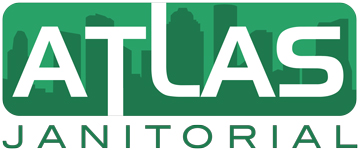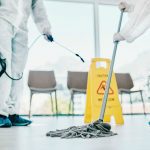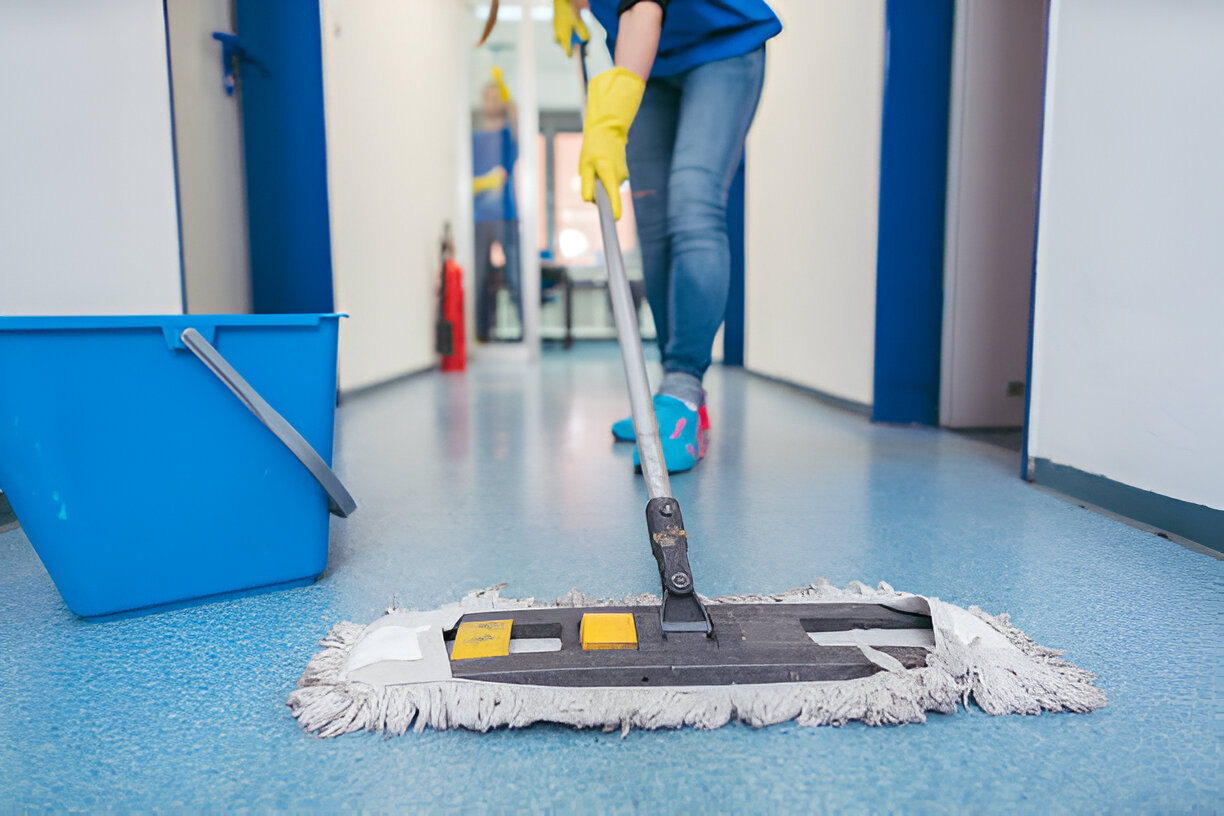Introduction
A clean office is more than just an aesthetic choice. It directly impacts employee health, client impressions, and the overall efficiency of daily operations. Yet, one question that office managers and administrators often face is: How often should commercial office cleaning be scheduled?
Determining the right frequency depends on several factors, including the size of the workplace, the number of employees, the industry, and health regulations. Choosing the wrong schedule can result in higher absenteeism, costly repairs to neglected office furniture, and a workplace environment that doesn’t inspire productivity.
At Atlas Janitorial Services, we have seen how tailored cleaning schedules benefit offices across Houston. This article will help you evaluate the best approach to commercial office cleaning frequency, backed by industry standards and practical examples.
Why Office Cleaning Frequency Matters
Workplace Hygiene and Employee Health
An unclean office is a breeding ground for bacteria, allergens, and viruses. Regular cleaning helps reduce illness-related absences, contributing to healthier employees and improved productivity.
First Impressions for Clients and Visitors
Your office environment is often the first thing a potential client notices. A consistently clean workplace signals professionalism and reliability.
Compliance with Safety and Health Regulations
Industries such as healthcare, education, and food services must comply with strict cleaning regulations. Failure to meet standards could result in penalties.
Long-Term Maintenance of Office Assets
Carpets, furniture, and office equipment last longer when cleaned regularly. Dirt buildup accelerates wear and tear, leading to unnecessary replacement costs.
Key Factors That Determine Office Cleaning Schedules
Office Size and Layout
Large open spaces, high-rise offices, or workplaces with multiple departments may require more frequent cleaning due to higher usage of shared areas.
Number of Employees and Daily Foot Traffic
More employees and visitors mean more germs and dirt. High-traffic areas like lobbies and kitchens may need daily attention.
Industry Type
- Corporate offices: May need general daily cleaning with weekly deep tasks.
- Medical offices: Require strict sanitization protocols, often multiple times per day.
- Educational facilities: Daily cleaning is critical due to high student density.
Seasonal Factors
Flu season or local pollen spikes can increase the need for sanitizing and air quality maintenance.
Special Hygiene Requirements
Spaces like restrooms, break rooms, and conference rooms demand higher cleaning frequency because of shared usage.
Standard Office Cleaning Frequencies Across Industries
The right schedule balances cleanliness, employee wellness, and efficiency. Below is a typical cleaning frequency chart:
| Task | Recommended Frequency | Applicable Areas |
| Trash removal & restroom cleaning | Daily | All offices |
| Dusting & vacuuming | 2–3 times per week | Workstations, hallways |
| Kitchen & breakroom sanitization | Daily | Kitchens, dining areas |
| Floor polishing & window cleaning | Monthly or bi-monthly | High-traffic and common areas |
| Carpet deep cleaning | Quarterly to biannually | Lobbies, conference rooms |
| Upholstery cleaning | Twice yearly | Reception areas, waiting rooms |
Signs Your Office Needs More Frequent Cleaning
- Visible dust, dirt, or stains on surfaces
- Increased employee sick days or allergy complaints
- Persistent odors in common areas
- Negative client feedback on workplace cleanliness
- Accelerated deterioration of carpets and furniture
Benefits of a Proper Cleaning Schedule
Improved Employee Productivity and Wellness
A clean office reduces distractions and creates a healthier environment for employees.
Enhanced Company Reputation
A tidy workspace reinforces professionalism in the eyes of clients, vendors, and business partners.
Prolonged Lifespan of Office Assets
Routine cleaning protects furniture, floors, and equipment, delaying costly replacements.
Reduced Long-Term Maintenance Costs
Preventive cleaning avoids the expense of major repairs or emergency services.
Compliance with OSHA and CDC Guidelines
Adhering to safety standards reduces liability risks and fosters trust in workplace safety.
Choosing the Right Commercial Cleaning Partner
Qualities to Look For
- Experience in commercial cleaning
- Knowledge of industry-specific standards
- Flexibility in customizing schedules
Customizable Cleaning Schedules
Every office has unique needs. A reliable provider will assess your space before suggesting frequency.
Importance of Eco-Friendly Products
Using safe cleaning supplies protects both employees and the environment.
Local Expertise
In cities like Houston, offices face unique challenges such as humidity, pollen, and seasonal weather changes. A local provider understands these nuances.
Atlas Janitorial Services Approach
At Atlas Janitorial Services, we align cleaning schedules with the needs of each workplace, ensuring compliance, hygiene, and long-term asset care.
Best Practices for Maintaining a Consistent Cleaning Routine
- Develop a daily, weekly, and monthly cleaning checklist
- Encourage employees to maintain shared areas
- Schedule quarterly deep cleans
- Communicate regularly with your cleaning provider
- Reassess the schedule during seasonal or organizational changes
Conclusion
Determining how often to schedule commercial office cleaning requires a balance of industry standards, workplace needs, and employee wellness. Regular cleaning enhances productivity, safeguards health, and extends the lifespan of office assets.
For offices in Houston and beyond, Atlas Janitorial Services provides tailored cleaning schedules designed to maintain a professional, hygienic environment.
Contact us today to discuss the ideal cleaning plan for your office.
Frequently Asked Questions (FAQs)
How often should an office be professionally cleaned?
Most offices benefit from daily cleaning of restrooms, trash removal, and common areas, with weekly deep cleaning tasks and quarterly carpet care.
What areas of an office need the most frequent cleaning?
Restrooms, kitchens, lobbies, and meeting rooms require daily or near-daily cleaning because they are shared by multiple people.
Can office cleaning schedules be customized?
Yes. Professional cleaning services, including Atlas Janitorial Services, assess each workplace’s layout, foot traffic, and industry to design a tailored schedule.
How do seasonal changes affect cleaning frequency?
During flu season or pollen-heavy months, sanitizing high-touch surfaces and improving air quality become more critical, often requiring additional cleaning sessions.
What is the difference between daily and deep cleaning?
Daily cleaning handles surface-level tasks such as trash removal and dusting, while deep cleaning targets carpets, upholstery, and HVAC vents to ensure long-term hygiene.
Why hire a commercial cleaning company instead of relying on staff?
Professional cleaners use specialized techniques and equipment that go beyond basic tidying. This ensures compliance with health standards and saves employees’ time.
Does regular cleaning really impact employee wellness?
Yes. Cleaner offices reduce exposure to germs and allergens, leading to fewer sick days and a healthier work environment.








